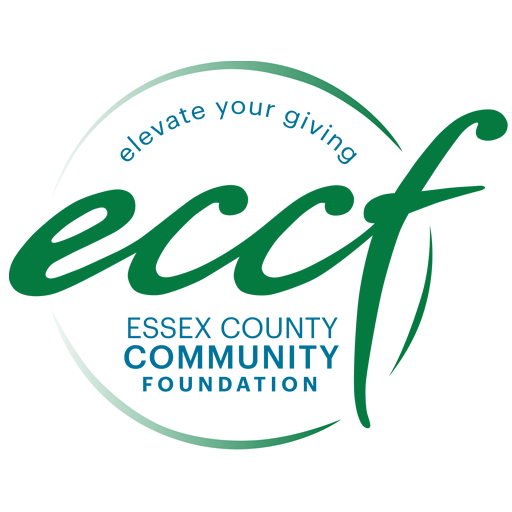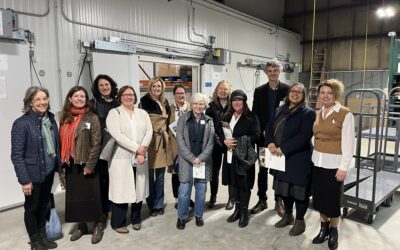Right now, in the Mount Washington neighborhood of Haverhill, 13 local residents are learning computer skills that will help them successfully navigate our increasingly digital world. It’s all happening at MakeIT Haverhill (MIH), a program of Community Action, Inc. that provides a community learning space and workforce development support for low-income jobseekers who want to network, learn and ultimately generate employment opportunities.
Thanks to a partnership with Tech Goes Home (TGH), a nonprofit working to eliminate digital inequity, and funding from Essex County Community Foundation (ECCF), these adult learners have received laptop computers and 12 months of free home Internet access, which is the first step to getting connected to the digital world. But the students will also participate in 15 hours of basic computer training – in English and Spanish – so that they have the know-how to search for a job, make a telehealth appointment and communicate effectively.
“We know that digital literacy and equity is a requirement for thriving in today’s world and in a competitive economy,” said MIH Co-Founder Keith Boucher. “And we are excited to be working with Tech Goes Home to connect more people in Haverhill with the digital tools and training they need to access education, employment and other opportunities, including through multilingual programming.”
According to a study released by ECCF last fall, broadband access in Haverhill is below the county average for low-income residents (54.1%) and for Latino residents (64.5%), which makes leveraging access and literacy opportunities critical.
“Our students, both Spanish and English speakers, are so enthusiastic to learn computer skills,” said Tim Haynes, Digital Literacy and Equity leader at MIH. “We’ve had 100% attendance to date.”
The digital literacy program at MakeIt Haverhill, which also participates in ECCF’s access program providing free in-house WiFi access to run classes and for walk-in use, is part of a larger effort by ECCF to support 800 learners in the same way across Essex County over the next three years. Additional partners in this work include Wellspring House in Gloucester, Lawrence Community Works, the Latino Support Network in Lynn and the North Shore Community Development Coalition in Salem.
Digital literacy is one of four barriers described as part of ECCF’s Advancing Digital Equity in Essex County, our $2 million initiative launched in June 2021 to help thousands of residents who lack access to a computer or an internet connection. Other barriers include equipment, Broadband access and privacy.
“Digital access is not a privilege; now more than ever it’s a necessity for navigating today’s world,” said Kate Machet, ECCF’s director of strategic initiatives and community leadership. “Together with our partners, donors and stakeholders, we really hope to move the needle on the digital equity challenge so that every Essex County resident can fully participate in life.”


